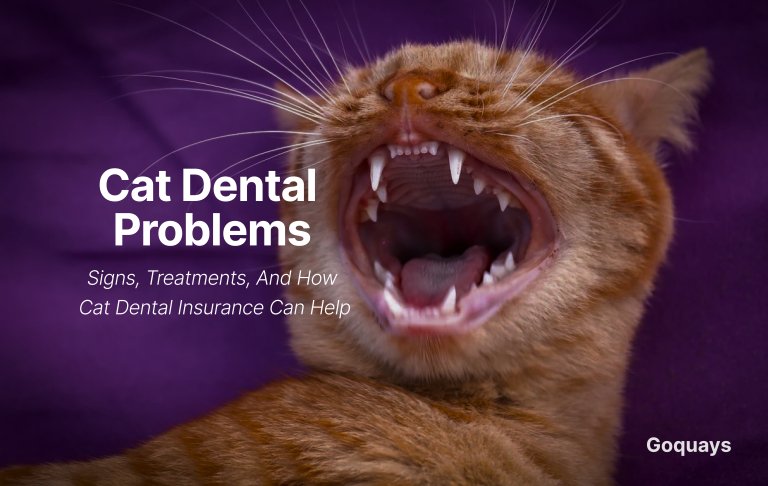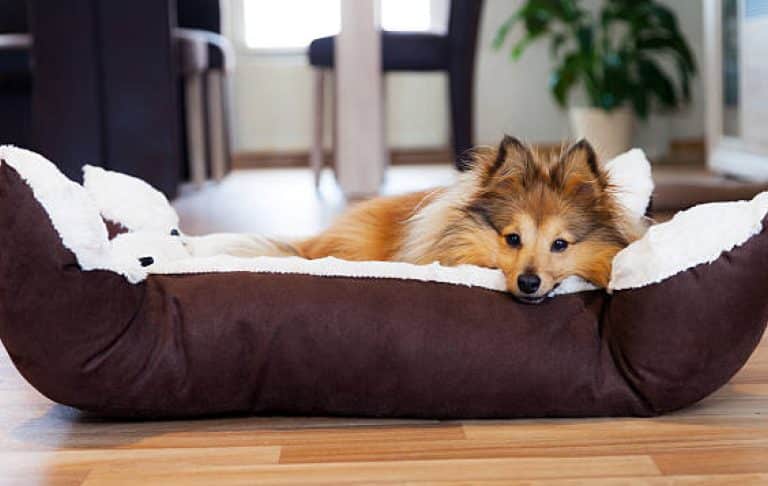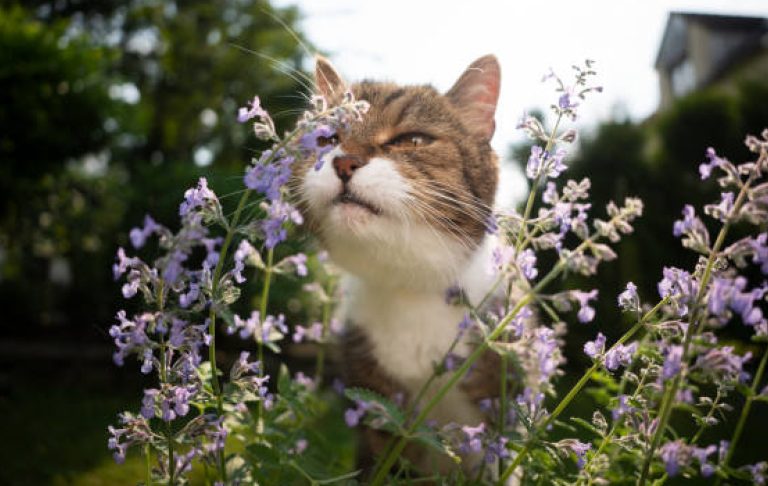According to veterinary experts, cats are considered “senior” around the age of 11 and geriatric by 15. If you have been a cat parent for a while, over the years of your parenting, you may start to notice a dwindle in your cat’s energy and high chance of getting health issues due to their age .This could be your cat sleeping more than usual, eating less, or just generally being slower than usual. While some of these changes are usual(part of aging process), it could also be signs that your senior cat needs extra care and attention.
Cats are known for hiding their discomfort so you have to pay attention to any slight changes on your cat’s attitude or health.
In this content, we will explore some of the signs (subtle and not subtle) showing that your cat needs extra care. We will also explore what to look for, why it matters, and how you can help your senior cat through the process.
Understanding senior cat ageing
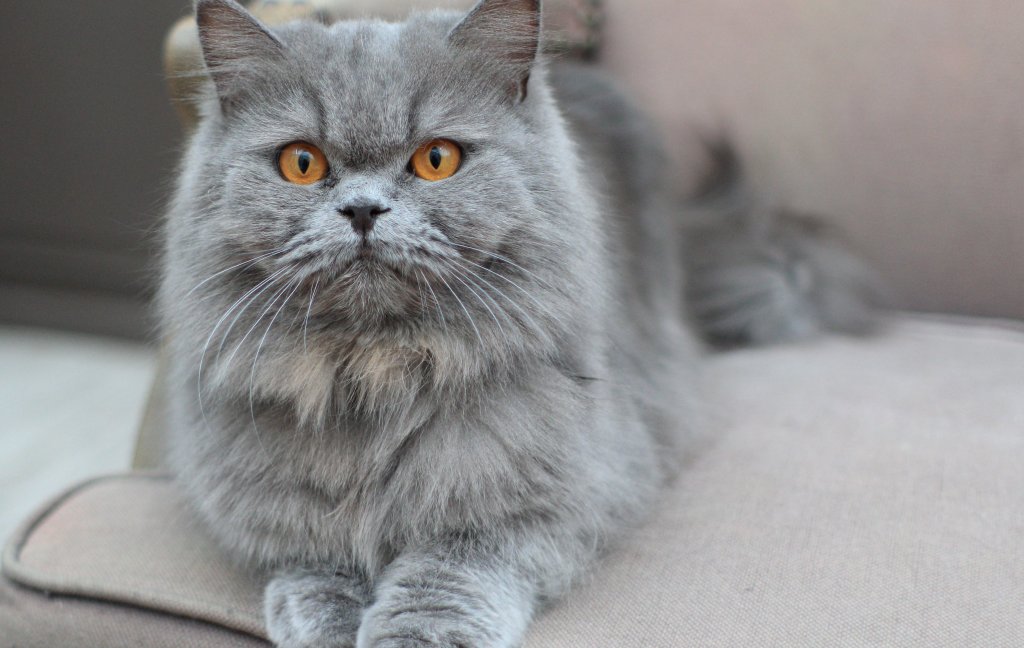
As cats grow older, their needs change gradually. Understanding a senior cat and the changes that come with ageing will help you provide the best care for your cat.
When is a cat considered a senior?
Veterinarians typically classify cats as “senior” around the age of 11, with those 15 years and older considered “geriatric.” Just like humans, cats age differently depending on factors like genetics, environment, and overall health. So you may want to start paying keen attention to your cat from age 10.
What happens as cats ages?
As your cat age, they undergo both physical and behavioural changes, which include;
- Slower metabolism can lead to weight gain or unexplained weight loss due to illness.
- Reduced mobility from arthritis or joint stiffness can affect their activity levels and even cause litter box issues.
- Diminished senses. This includes their as hearing, vision, and smell. Which can cause confusion or anxiety.
- Weakened immune systems. As they grow older, they are more vulnerable to infections and diseases.
Common health conditions in Senior cats
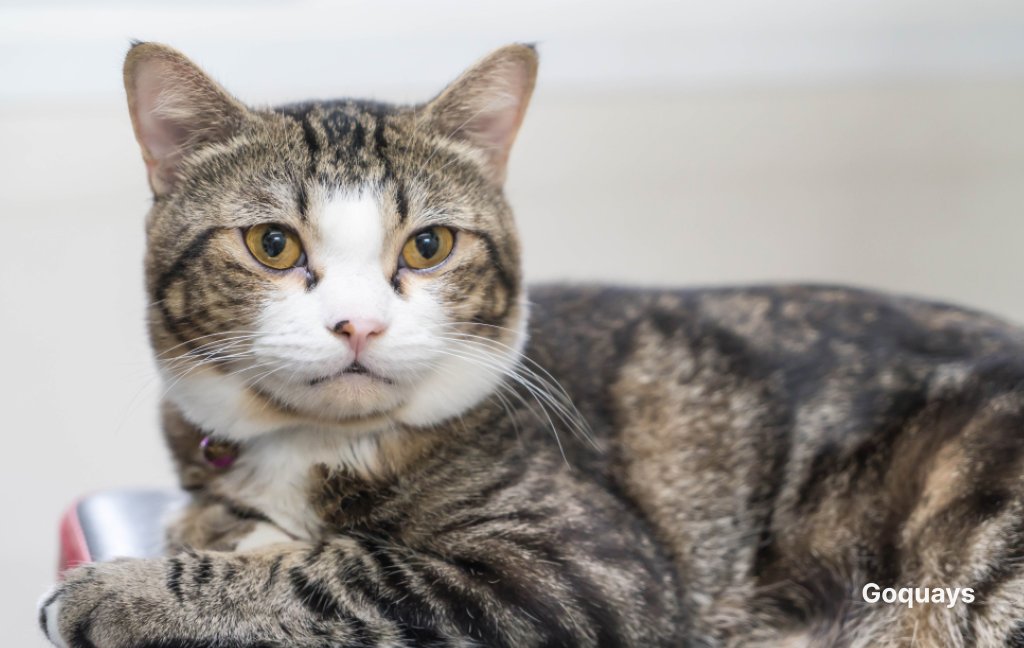
Here are health conditions that are more predominant in senior cats.
- Chronic kidney disease
- Hyperthyroidism
- Diabetes
- Cognitive Dysfunction Syndrome (CDS) feline equivalent of dementia
- Dental disease and oral pain
Signs your senior cat needs extra care
- Changes in appetite or weight
Changes in appetite, eating less, more, or with weight changes can signal issues like dental pain, kidney disease, diabetes, or hyperthyroidism.
How to help: Monitor their eating habits closely. Consider switching to a senior-specific diet and consult your vet if changes persist for more than a few days.
- Mobility issues
Senior cats usually develop arthritis or joint problems that make it painful to jump, climb, or even walk. Some of these signs include hesitation or inability to jump, stiffness and limping.
How to help: Install ramps or pet stairs, provide low-sided litter boxes, and ask your vet about supplements or medications to relieve joint pain.
- Increased vocalization or behavioural shifts
If you notice your cat has become more vocal, especially at night, it could be signs of confusion, anxiety, or discomfort. These behavioural changes includes clinginess/sudden withdrawal, disorientation, restlessness, aggression and agitation
How to help: Stick to a routine, provide interactive toys, and consult your vet for cognitive supplements or calming aids.
- Bad breath, drooling or mouth pain
Dental disease is extremely common in older cats or can lead to chronic pain or eating difficulties. Signs to look out for are smelling breath, drooling, refusing to eat dry food and swollen gums.
How to help: Schedule regular dental exams, brush your cat’s teeth if possible, and provide dental treats or vet-recommended oral rinses.
- Eye or ear changes
Gradual changes in your cat’s sensory organs may impact their daily functioning and comfort. Cloudy eyes, dilated pupils, poor night vision, excessive earwax and hearing loss.
How to help: Keep their environment consistent, avoid startling them, and consult your vet for diagnosis and care options.
Practical tips to help your senior cat
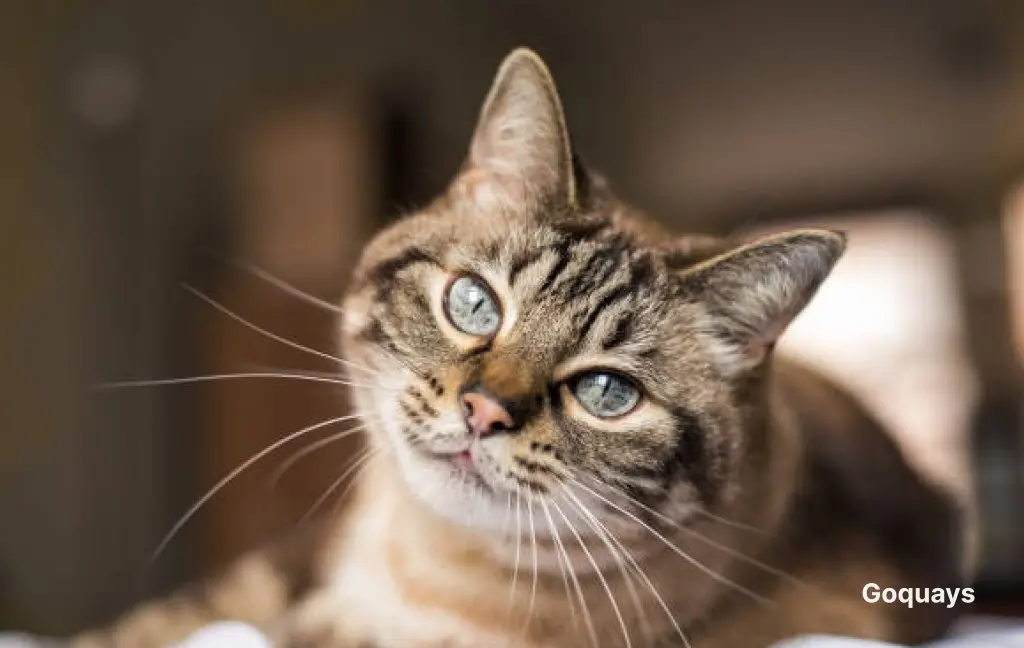
Knowing how to support your senior cat through their health condition can help improve their quality of life. Here are some practical tips to help keep your cat healthy, comfortable.
Schedule regular veterinary checkups
Routine vet visits become even more critical as your cat ages. Many senior cat health issues develop silently, so early detection can make a huge difference.
- Frequency: Schedule wellness checkups every 6 months for senior cats.
- What to expect: Bloodwork, urinalysis, blood pressure monitoring, and dental checks.
- Why it matters: Conditions like kidney disease, diabetes, and hyperthyroidism can be caught and managed before they become life-threatening.
Adjust their diet and nutrition
Older cats have different nutritional requirements than younger ones. A poor diet can worsen existing health issues or create new ones.
- Switch to senior-specific cat food: These formulas are designed for easier digestion, joint support, and reduced calories to manage weight.
- Encourage hydration: Dehydration is common in older cats, especially those with kidney issues. Use water fountains to encourage drinking. Add water or low-sodium broth to their food.
- Supplement wisely: Ask your vet about supplements like: Omega-3 fatty acids (for inflammation and joint support), Glucosamine/chondroitin, Probiotics for gut health.
Create a senior-friendly home environment
To keep senior cats comfortable, add ramps or steps for easier movement, use non-slip mats, and provide low-sided litter boxes on each floor to reduce strain.
Manage pain and provide medical support
Older cats often hide pain from arthritis or dental issues. Treatment may include vet-prescribed meds, laser therapy, acupuncture, or natural aids like joint supplements and vet-approved CBD oil.
Dental health is important
Dental disease is extremely common in senior cats and can lead to chronic pain, infections, and systemic illness. To care for your cat’s dental health at home, use cat-specific toothbrushes and toothpaste. Introduce this slowly and reward with treats, or alternatively, use veterinarian dental chews that reduce plaque. Better still, schedule cleanings as recommended–this is usually between 1-2 years or more.
When it’s time to consider end-of-life care
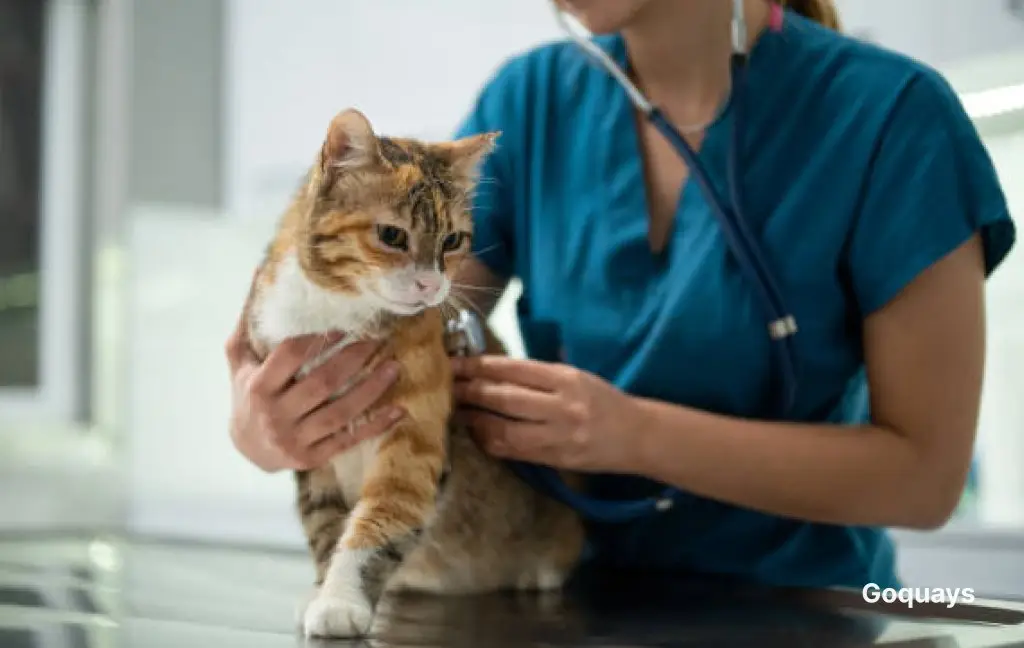
When your cat is starting to show some health conditions for a prolonged period, you will start to face the reality of their time nearing. And recognising when is the right time to consider end of life is an act of love and compassion. Cats nearing the end of life may show;
- Severe weight loss or muscle wasting
- Persistent pain or discomfort, even with medication
- Frequent accidents outside the litter box
- Loss of interest in food, water, play, or affection
- Laboured breathing, seizures, or extreme lethargy
If your is experiencing multiple symptoms, then it’s time to consult your vet about palliative care options or humane euthanasia.
Palliative care vs. Euthanasia
- Palliative(hospice) care focuses on comfort–pain relief, soft bedding, and emotional support.
- Euthanasia is a peaceful, pain-free way to prevent unnecessary suffering when quality of life has significantly deteriorated.
Conclusion
Watching your cat age can be bittersweet. The energetic and lively kitten of few years ago has lost the shine it once used to have and now have to rely on you more. But this stage of life can be just as rewarding as any other filled with deeper bonds, gentle routines, and the quiet comfort of companionship.
By learning to recognize the signs that your senior cat needs extra care, and by taking simple, thoughtful steps to adapt to their changing needs, which in turn help them enhance their quality of life day i day out.
Making little adjustment like routine vet visits, mobility accommodations, mental enrichment and comfort care they all make a difference. And when the time comes for end-of-life decisions, your efforts will be appreciated and met with love. Your cat has given you their best years. With a little effort, you can give them the best of themselves in return.
Have a story or question about your senior cat? Share it with other cat parents in our pet community


